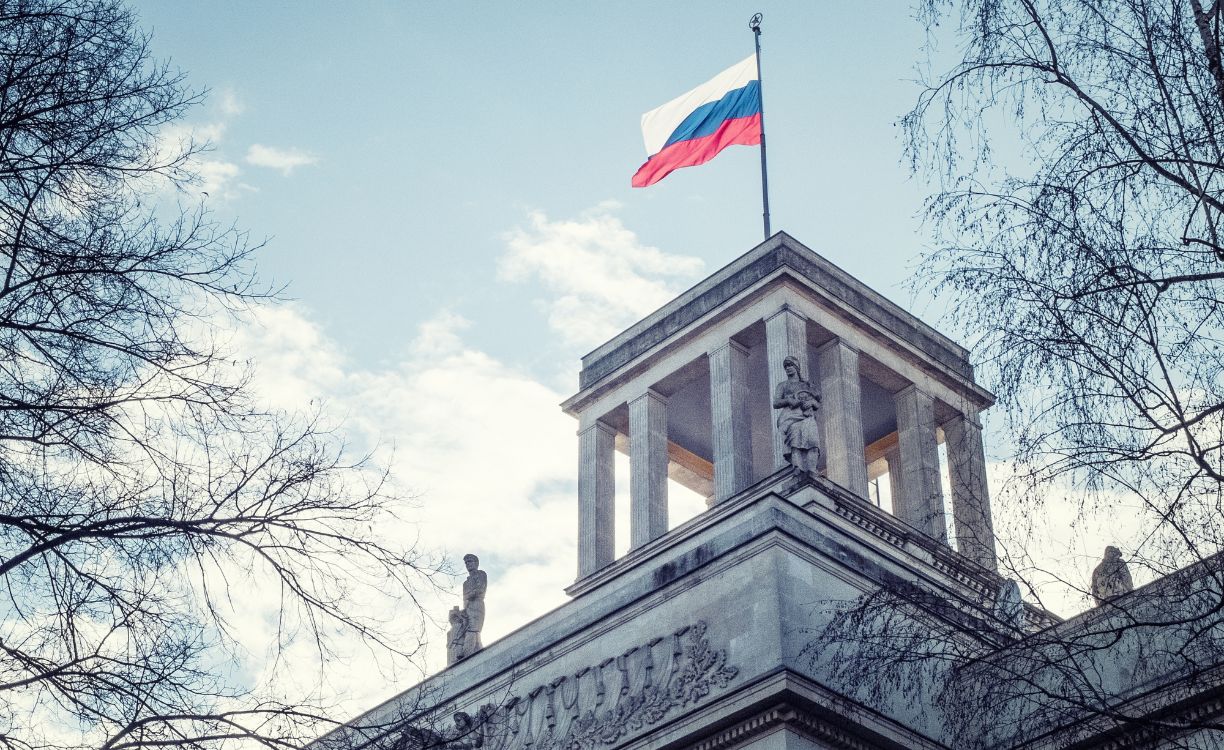Subtotal $0.00
Shopping cart
Recent Posts
Subscribe
Sign up to get update news about us. Don't be hasitate your email is safe.

Now picture a world where crypto dodges sanction and underpins shadow economies and rattles the foundations of global finance. That’s not passage from a near-future thriller novel – it’s Russia in 2025, charging into the crypto scene like a bear on a mission. With Bitcoin blasting over $111,800 and geopolitical tensions fizzling, Russia’s embrace of digital assets is turning heads from London to New York. is Russia about to rewrite the crypto game plan? Let’s dive in.
Until recently, Russia cast crypto as a financial outlaw putting the financial system at risk, with the Kremlin describing it as a threat to stability. Fast forward to 2025, and that’s all changed. Pressed by Western sanctions, Russian companies are turning to Bitcoin and stablecoins such as USDT to sidestep the pitfalls of traditional banking. CoinDesk reports that this change has given rise to as much as $6 billion worth of crypto transactions in Russia this year so far, a work-around for companies that have been cut off from SWIFT. It’s like stumbling upon a secret tunnel when the main road is blocked.
The government is not just sitting back though. According to Reuters, Russia fast-tracked the use of crypto for international trade payments by 2025 to avoid using the U.S. dollar as a medium of exchange. Even digital ruble, a blockchain-based currency that could compete with Tether (USDT) is on the discussion agenda. For investors in US or Europe, this is more than just news; it’s a signal that Russia’s eyeing a larger chunk of the $2.5 trillion crypto pie.
Image Russia’s pivot is upending global markets. Crypto analysts on X says Rich Russians have pumped $5.5 billion into digital assets so far in 2025 (jacking up Bitcoin and Ethereum prices). If you’re holding this thing in Manchester or Paris or anywhere, you’re getting a nice little pump on your coins. The question is can you. handle the volatility as the cash rolls in? Russia is also brewing its own DeFi engines, one that’s built for privacy (Ooh, let’s not overlook the secret Russian sauce!) and less concerned about whether your money can be censored, so this good for a sanctioned state. Those may yet challenge Ethereum’s ecosystem and bring new opportunities to traders in London or New York.

The ripple effect is huge. Russia’s crypto-friendly climate could push for a relaxation of strict regulations, such as the UK’s FCA or the EU’s MiCA. It’s also a wake-up call for the USA, where Trump’s crypto capital dreams now face a newer challenge.
Don’t pop the champagne yet. The dark side of Russia’s crypto boom. Sanctions drive traders to shady exchanges, and Chainalysis flagged some $2.3 billion of shady crypto flows linked to Russia in 2025, from ransomware to darknet deals. Stay to platforms like Binance if you’re based in Frankfurt or Boston, to avoid trouble. Then there’s the Kremlin’s track record: Crypto bans that are reversed can become bans again, if the government feels backed into a corner.
There is also the possibility of a global backlash. Western regulators could also take aim at Russian-linked crypto in an effort to strengthen sanctions, which might unsettle markets. In addition, there is the threat of hacking – as demonstrated by last year’s $15 million exploit, the smart contracts that make Russia’s DeFi dreams come true have the potential to fail. Instability and geopolitics make Russia a high-level competitive player

This surge of crypto activity could really change the face of the world economic table, challenging the USA’s dominance and also pushing the regulators in Europe. But the baggage – sanctions, hacks and policy flip-flops – remains, keeping traders off balance. Amsterdam, N.Y. or Russia? It’s a wild card worth watching, wherever you are.
Interested in following Russia’s crypto influence? Track the Bitcoin rates on CoinMarketCap or explore Russian DeFi schemes. Thoughts on this shake-up? Share them below! New to crypto? Our beginner’s guide will help ground you.
Sources: CoinDesk, Reuters, Chainalysis, X tweets from verified analysts,